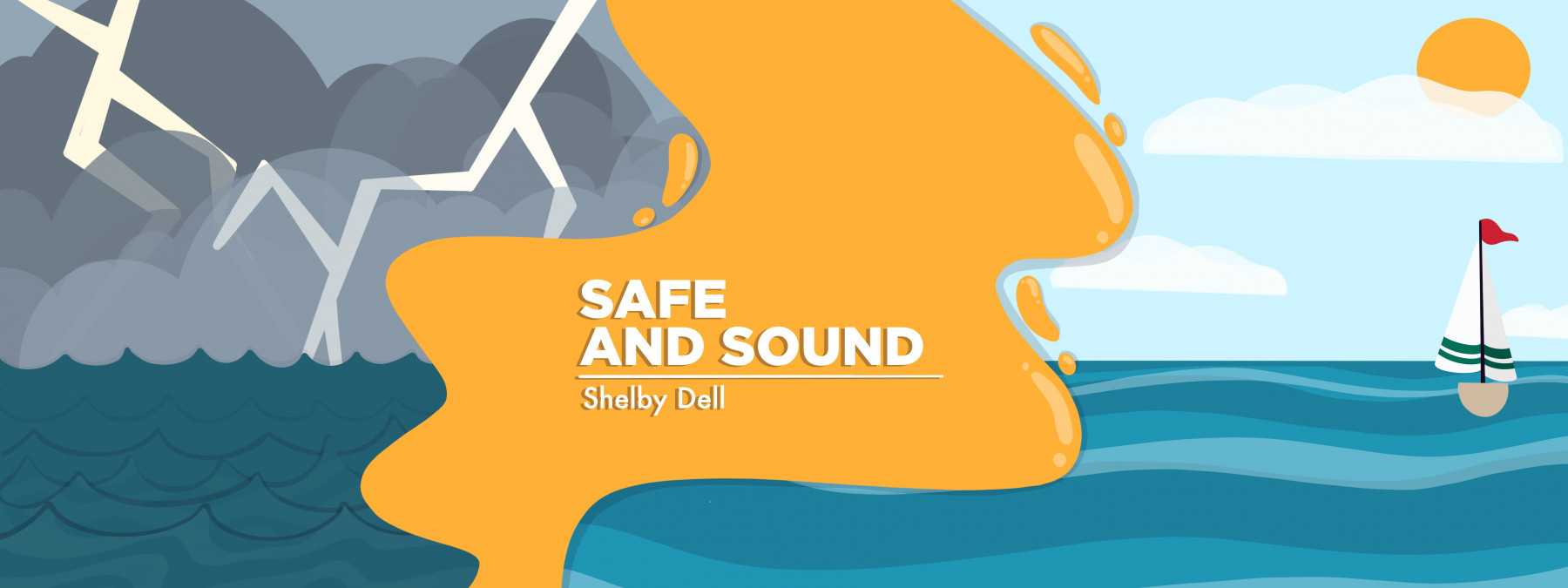What It’s Like to Have a Family Member in the ICU
Written by |

In 2016, my family spent weeks in the ICU with my brother, Bradley, who had cystic fibrosis and was dying from sepsis caused by an infection. I can’t fully describe what it’s like to have a family member in the ICU, but I need to try, because the experience can be so alienating. I hope anyone who has gone through this feels less alone after reading this column.
Firstly, I never expected that being awake for days would have such a huge physical impact. The constant beeps of IV machines kept us barely beneath the surface of sleep, if we managed to get any sleep at all between the nurses checking vitals, changing IVs, and administering meds at all hours. My family was in a constant state of delirium as we tried to take in words like “sepsis,” “respirator,” and “less than 50% chance of survival.”
This ICU stay was also difficult because I was in the process of moving from Hawaii to Colorado. Given this situation, several of my co-workers invited me to the beach for a barbecue as a little farewell party, and to give me a break from the hospital. I was hesitant to go, but my parents encouraged me, knowing I needed the break.
I remember stepping outside into the sunlight after spending days in the cold, windowless ICU, and feeling absolute disgust. I was disgusted with myself for having the audacity to go out and have fun while my family watched my brother die in a hospital bed, and I was disgusted with everyone who was laughing, kissing, and having a grand old time while people were dying, facing unspeakable traumas, and enduring life-altering events.
At the party, I began to get back in the groove of being around people, and caught myself smiling and having a good time. I immediately felt guilt and self-hatred, and began to cry. I had to walk down the beach and get away from my friends so they wouldn’t ask what was wrong. I was afraid I’d answer, “Isn’t it obvious?” or “How could you ask that?”
I returned to the hospital earlier than I had planned, and was just as sad and guilty there as I had been at the beach. There was no way to escape what I was feeling. I wasn’t able to drink or sleep to avoid my feelings, and there weren’t any people I could surround myself with to drown out my thoughts. The voice inside my head kept saying, “Things won’t be fine. We’re not going to make it out of this. Bradley won’t wake up again.”
I will have to save the rest of the story for another column, but I want you to know the ending: While these weeks were challenging for our family, things turned out fine. We made it out of the ICU, Bradley woke up, and he’s now thriving.
If you are facing a similar situation, what’s most important is that even if my brother hadn’t woken up, and I never had the opportunity to see him thrive the way he has, I still would have been OK. It would have been the hardest thing I’ve ever experienced, but eventually I would have been OK.
I can say that with confidence, even after almost losing him in 2016, and now facing the possibility of losing him to transplant rejection one day. But it has taken therapy, which I encourage for anyone who has endured the trauma of seeing a family member on the brink of death.
It is possible to navigate the hardest parts of life and make it to the other side. Bradley wrote a great column on this topic titled “If You’ve Lost Hope, Read This,” which I encourage you to read as a follow-up to this piece.
***
Note: Cystic Fibrosis News Today is strictly a news and information website about the disease. It does not provide medical advice, diagnosis, or treatment. This content is not intended to be a substitute for professional medical advice, diagnosis, or treatment. Always seek the advice of your physician or other qualified health provider with any questions you may have regarding a medical condition. Never disregard professional medical advice or delay in seeking it because of something you have read on this website. The opinions expressed in this column are not those of Cystic Fibrosis News Today, or its parent company, Bionews, and are intended to spark discussion about issues pertaining to cystic fibrosis.








Leave a comment
Fill in the required fields to post. Your email address will not be published.